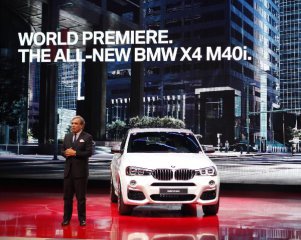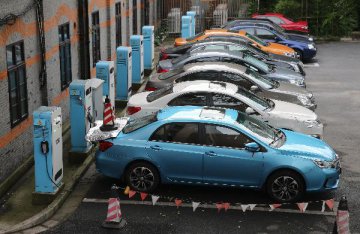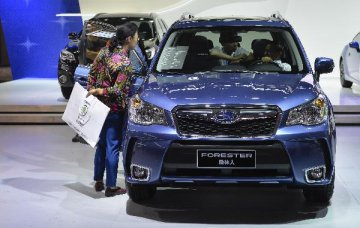
Chinese automakers will continue to gain larger global market share in the next five years on the back of strong demand, finds KPMG’s annual automotive survey.
KPMG’s seventeenth Global Automotive Executive Survey features insights from 800 auto executives across 38 countries, including 100 from China; it also surveyed over 2,100 customers globally.
According to the survey findings, 20 Original Equipment Manufacturers (OEMs) are expected to gain larger global market share in the next five years, five of whom are from China. One sixth of the global executives said they will increase their investment in terms of production in China, followed by Germany (16 percent) and India (9 percent).
Huu-Hoi Tran, Partner and Head of Automotive China, KPMG China, says: “Despite alternative mobility options aimed to reduce traffic issues in the increasingly urbanized society, car ownership is still a priority and also a status symbol for Chinese consumers. The future is wide open, but Chinese OEMs may focus on the increasing demand for electric cars, especially in large cities. They are becoming more aware of the need for internet, communications and technologies and financial services, developing their business models to benefit the consumers.”
The survey also highlights that connectivity and digitalization as well as new powertrain systems are identified as the top key trends that will hold through to 2025 in China and globally.
Staying connected is of increasing importance for the auto industry. Half of the surveyed executives highlighted connectivity and digitalisation as key industry disrupters over the next decade, outpacing growth in emerging markets (this was highlighted as a top concern in the survey findings over the last three years). Hybrid electric vehicles and battery electric mobility ranked among the top three globally and in China.
Tran says: “Greater connectivity will open up huge potential for platform providers as well as innovative IT start-ups to provide disruptive solutions to benefit consumers.”
Business models are set to change in the near term, according to the findings. Eight tenths of global executives believe a major business model disruption in the next five years to be extremely likely or somewhat likely, up from 12 percent in 2015; China also sees growth from 20 percent last year to 95 percent in 2016. Meanwhile, over 90 percent of the executives in China expect disruption triggered by connectivity and digitalisation to affect automotive companies across all segments, including low costs, volumes and premiums, higher than the global findings (ranging between 74 and 84 percent).
Tran concludes: “China’s industry and structures are young and much more flexible compared to mature markets. Chinese executives are not bound in ‘old’ structures and believe in change and therefore much more in the impact to all segments. In addition, better connectivity provides an enhanced ability to co-ordinate established trends such as car-sharing and pooling schemes, which make better use of space in densely populated areas. As urbanisation grows and the Chinese economy and car sales experience slower growth, customer data could also become more lucrative than selling vehicles.”






















Latest comments